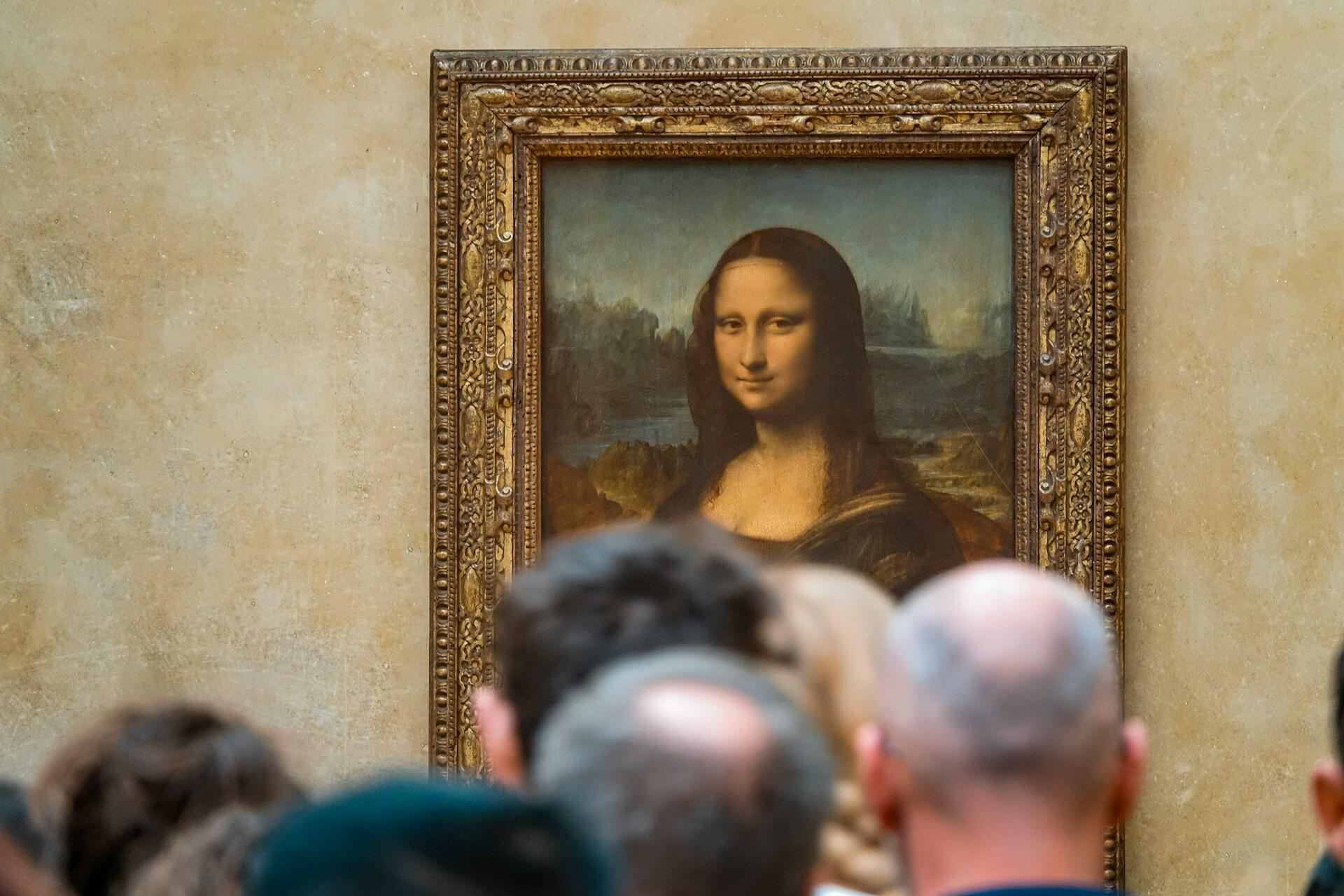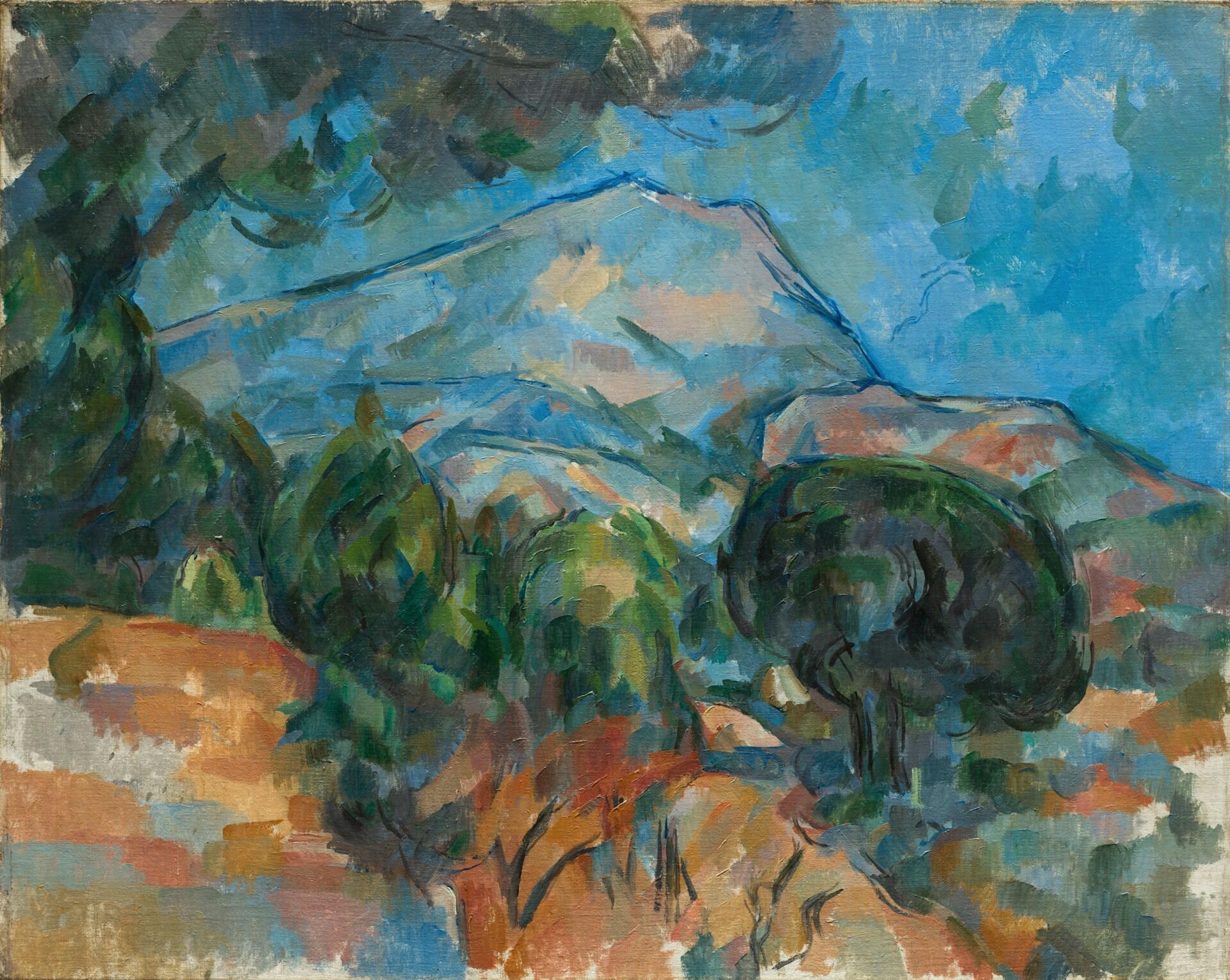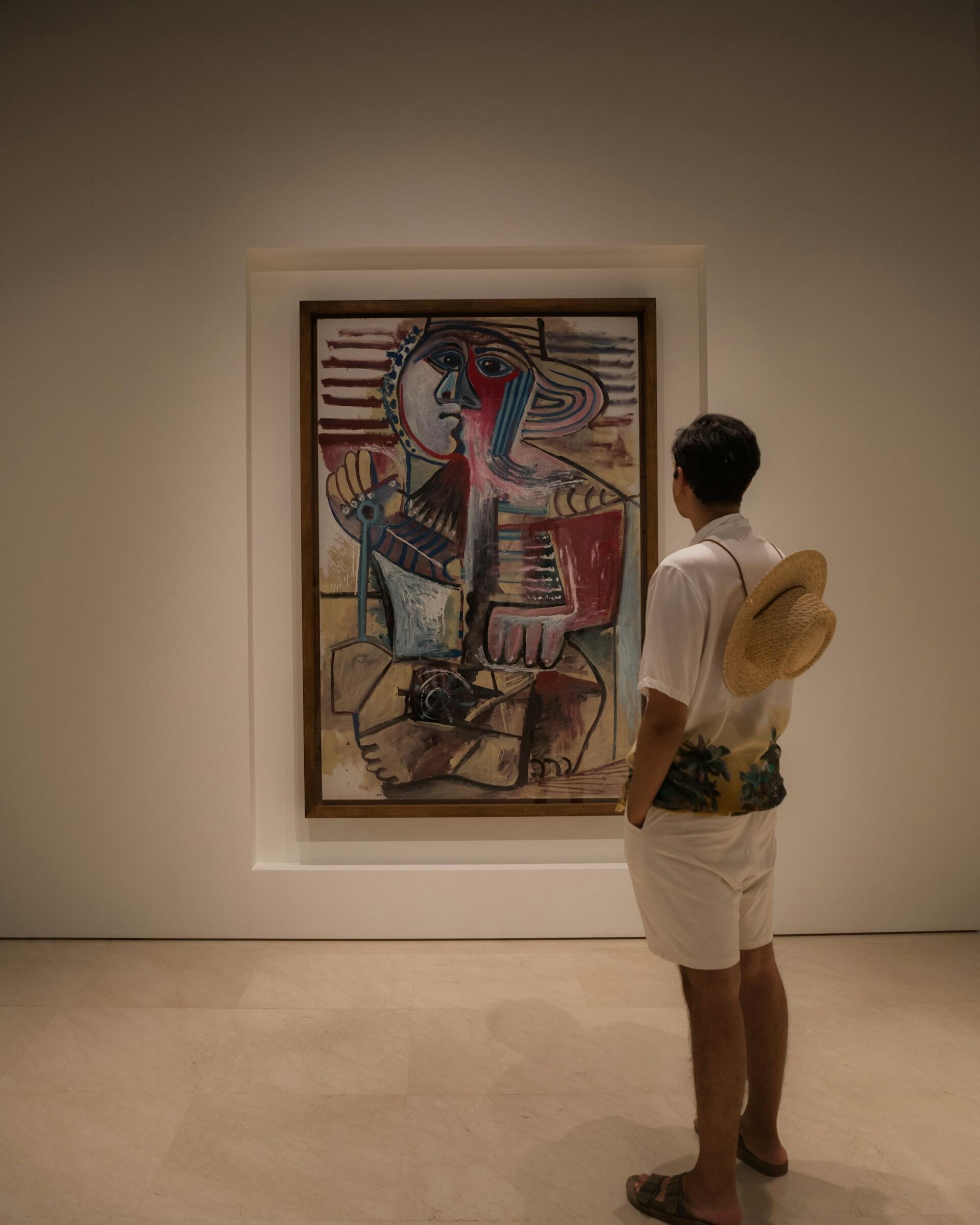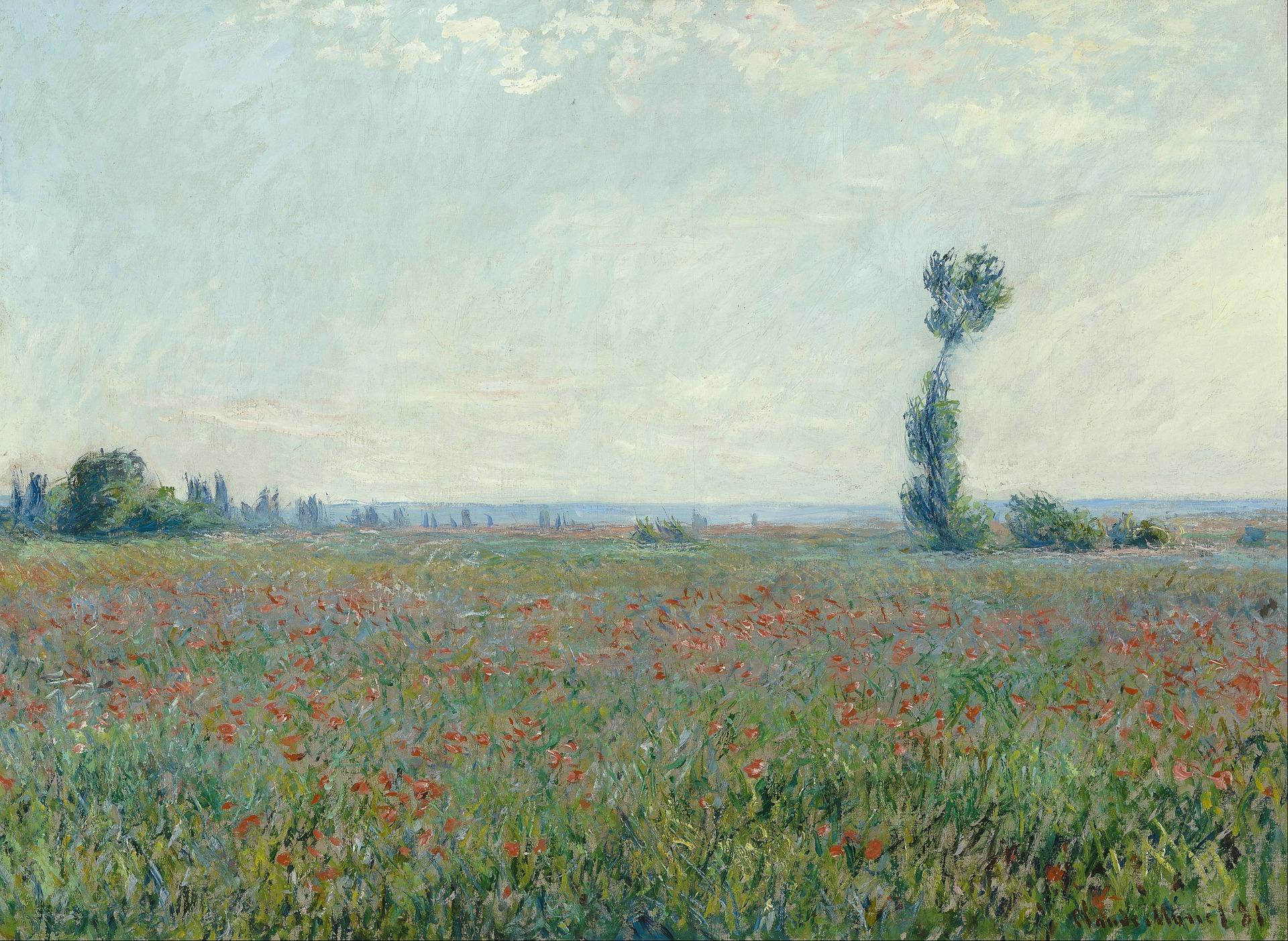Which names immediately come to your mind when we talk about great artists? In this article, we're going to look at the most famous artists in the world 1 to have ever graced the art landscape, who they were, what they did, and some of their most famous paintings.
| Artist | Period / Movement | Style (Simplified) | Birth – Death |
|---|---|---|---|
| Sandro Botticelli | Early Renaissance | Graceful lines, mythological themes | 1445 to 1510 |
| Leonardo da Vinci | High Renaissance | Naturalism, soft shading (sfumato) | 1452 to 1519 |
| Michelangelo Buonarroti | High Renaissance | Monumental figures, sculptural forms | 1475 to 1564 |
| Raphael | High Renaissance | Balance, harmony, clarity | 1483 to 1520 |
| Caravaggio | Baroque | Dramatic light and realism | 1571 to 1610 |
| Peter Paul Rubens | Baroque | Energetic, colorful, theatrical | 1577 to 1640 |
| Rembrandt van Rijn | Dutch Golden Age | Mastery of light, psychological depth | 1606 to 1669 |
| Francisco Goya | Romanticism | Dark, expressive, emotional | 1746 to 1828 |
| Gustave Courbet | Realism | Everyday life, unidealized realism | 1819 to 1877 |
| Édouard Manet | Proto-Impressionism | Bold brushwork, modern subjects | 1832 to 1883 |
| Edgar Degas | Impressionism | Movement, dancers, urban life | 1834 to 1917 |
| Claude Monet | Impressionism | Light, atmosphere, landscapes | 1840 to 1926 |
| Pierre-Auguste Renoir | Impressionism | Warmth, joyful social scenes | 1841 to 1919 |
| Paul Cézanne | Post-Impressionism | Geometric structure, form | 1839 to 1906 |
| Paul Gauguin | Post-Impressionism | Bold colors, exotic themes | 1848 to 1903 |
| Vincent van Gogh | Post-Impressionism | Expressive color, swirling strokes | 1853 to 1890 |
| Pablo Picasso | Cubism / Modernism | Constant innovation, Cubism | 1881 to 1973 |
| Salvador Dalí | Surrealism | Dreamlike, symbolic imagery | 1904 to 1989 |
| Jackson Pollock | Abstract Expressionism | Drip painting, action art | 1912 to 1956 |
| Andy Warhol | Pop Art | Consumer and celebrity imagery | 1928 to 1987 |

🌸 Sandro Botticelli
Alessandro di Mariano Filipepi, also known as Botticelli, was an Italian painter who lived between 1445 and 1510. Born to a father who was originally a tanner and a gold beater in Florence, Botticelli's family was familiar with rich families and artists. This led him to learn how to paint, like Fra Filippo Lippi, a famous painter who was frequently patronized by the famous Medici family.
Botticelli's talent didn't go unnoticed when prominent families, bankers, and even Popes began to commission him to do fresco paintings (wet mural painting on ceilings, usually in chapels), and he began to travel to Rome for different works. Throughout his career, he was known for these three types of paintings:
Religious
- San Barnaba Altarpiece
- Lamentation over the Dead Christ
Mythological
- The Birth of Venus
- Primavera
Portraits
- Portrait of a Young Man
- Portrait of Giuliano de' Medici
🖼️ Leonardo da Vinci
A famous Renaissance painter, Leonardo da Vinci (1452-1519), is famous all over the world for his works and especially his most famous painting, The Mona Lisa. Among his other notable paintings are The Last Supper, Lady with an Ermine, and Virgin of the Rock.

In addition to being a great painter, Leonardo da Vinci was also an engineer, botanist, inventor, writer, sculptor, architect, urbanist, musician, poet, and philosopher. In a way, he was truly The Renaissance Man — studying everything from the environment to the human body to be as accurate as possible.
Da Vinci is known to bring notebooks with him wherever he goes, with almost 13,000 pages detailing sketches on science and inventions, human anatomy, and even engineering. His most well-known drawing is The Vitruvian Man.
💪Michelangelo Buonarroti
Michelangelo di Lodovico Buonarroti Simoni (1475–1564) is certainly one of the most famous artists in the world. Michelangelo was an Italian High Renaissance artist, born in Caprese and later active mainly in Florence and Rome.
Renowned as a sculptor, painter, architect, and poet, he is most famous for masterpieces such as the marble David, the Pietà, and the frescoed ceiling of the Sistine Chapel in the Vatican, depicting famous scenes in the Bible like the Creation in Genesis and the Last Judgment in Revelation.
While firmly rooted in the ideals of the High Renaissance, his later, more dramatic style strongly influenced the rise of Mannerism, with a focus on muscular and elongated figures. He was one of the few Renaissance artists who lived a long life, until the age of 88.
Michelangelo was the key architect of the dome of St. Peter's Basilica in Vatican City, which remains one of the most iconic structures of the Renaissance movement.
🏛️ Raphael
Another famous artist to grace the Renaissance movement, Raphael was well known for his intricate paintings and architectural designs.
His most famous painting is The School of Athens, which is a mural painting that depicts a group of ancient philosophers and intellectuals (in math and science) such as Socrates, Archimedes, and Pythagoras.

The youngest among the Great Trio of the Renaissance, his paintings combine the style and strength of both Leonardo da Vinci and Michelangelo while blending in with his detail to a gentle composition of beauty with refined detail and soft color. He died at the young age of 37 and was buried at The Pantheon.
💡 Caravaggio
Born in Milan, Italy, Caravaggio is best known for popularizing the chiaroscuro technique in his paintings. This technique, which uses strong contrasts between light and shadow to create a dramatic effect, plays a central role in Caravaggio's work, as he often depicted the physical and emotional states of humans —particularly religious figures. Here are some examples of his most famous paintings:
- The Calling of Saint Matthew
- The Beheading of Saint John the Baptist
- Conversion on the Way to Damascus
- Saint Francis of Assisi in Ecstasy
Caravaggio was infamous for his violent temper and brawling incidents. He was even jailed several times and had to travel frequently due to legal problems.
🎭 Peter Paul Rubens
The great Flemish painter Peter Paul Rubens (1577–1640) is considered one of the greatest painters of his time. Born in Siegen, Germany, but raised in Antwerp (present-day Belgium), he received his artistic training in Antwerp and later continued his studies in Italy, particularly in Rome, where he was influenced by Renaissance and early Baroque masters.
Rubens wears many hats — a painter, a diplomat, and even a workshop trainer. He has been a court painter for royalties, handled diplomatic missions and commissions, and trained new apprentices and students. Some of his famous paintings include:
- The Elevation of the Cross
- Marie de' Medici cycle
- The Judgement of Paris
👥 Rembrandt van Rijn
Rembrandt Harmenszoon van Rijn (1606-1669) was well known as a Dutch Golden Age painter who made his mark in Western art during the 17th century. He was inspired particularly by the chiaroscuro painting techniques of Caravaggio and applied this contrast technique to his own works, whether his own self-portraits or commissioned works.
Some of his most famous paintings include:
- The Night Watch
- The Storm on the Sea of Galilee
- The Return of the Prodigal Son
Rembrandt is often praised for his ability to create deeply expressive and richly textured paintings. His innovative brushwork techniques, alongside his chiaroscuro techniques, helped to depict realistic human emotions, resulting in powerful portraits and biblical scenes.
This is a timeline in the 17th century when the Netherlands became a prominent European power, especially in trade, science, and art, giving rise to many talented artists.
⚔️ Francisco Goya
The famous Spanish Rococo painter and printer, Francisco Goya (1746-1828), brought with him the arrival of contemporary painting in Europe. Goya had a prestigious artistic training as he became an apprentice of a Baroque painter, José Luzán y Martínez, and went on to study at the Royal Academy of San Fernando in Madrid.
He was appointed as the court painter and witnessed the political and historical events that took place in Spain and the surrounding European countries during that time. Hence, many of his paintings centered around themes of conflict and violence, such as The Third of May 1808 and Black Paintings.
👨🌾 Gustave Courbet
Gustave Courbet, a French painter, was born in 1819 and died in 1877. He was a pioneering figure in the Realism movement, which focuses on depicting ordinary people in ordinary settings and rejecting idealized and romanticized subjects.
Painting is the representation of visible forms. The essence of realism is its negation of the ideal.
Gustave Courbet
An artist ahead of his time, Gustave Courbet was considered both rebellious and revolutionary, whether through his paintings or his political affiliations. His early works and exhibitions were often rejected and criticized by the Salon, leading him to organize independent shows of his own. The Stone Breakers and A Burial at Ornans remain his most representative Realist paintings.

🎩 Édouard Manet
Manet’s famous painting “Le déjeuner sur l’herbe” (Luncheon on the Grass) is rather well known now. While his father wanted him to study law, Édouard Manet refused and instead learnt to paint from Thomas Couture. He helped lead the impressionist painting movement with the subjects he decided to paint: portraits, landscapes, still lifes, and Parisian life.
He often hung out with intellectuals such as Charles Baudelaire and Émile Zola, but was also regularly criticised by his contemporaries. His works are now an important chapter in the history of art and painting.
Manet's art style showcased a leaning from Realism to Impressionism through his usage of loose brush techniques and brighter colour compositions.

🩰 Edgar Degas
Our next artist is Edgar Degas (1834–1917). He first studied law to please his father, but ended up studying art full-time at the École des Beaux-Arts.
He's quite the complex artist, and art historians are still arguing whether he’s an Impressionist. Degas was quite avant-garde and preferred to experiment with different art techniques like etching, pastel painting, and later photography. That being said, his artworks are famous for including movement and dancing, focusing more on indoor settings rather than outdoors, which is widely seen in paintings like:
- The Ballet Class
- A Cotton Office in New Orleans
- L'Absinthe (The Absinthe Drinker)
☀️ Claude Monet
Claude Monet was born in Paris in 1840 and died in 1926 in Giverny. Greatly influenced by Eugène Boudin, Monet focused and became a master of en plein air (painting outdoors) throughout his career.
He became famous for his “Impression, Sunrise” piece, where the Impressionist movement in the 19th century got its name 2. Some of his other notable artworks include:
- Water Lilies
- Woman with a Parasol – Madame Monet and Her Son
- Japanese Bridge over a Pond of Water Lilies
The paintings of en plein air often capture different variations of natural light effects and atmosphere. That’s why Monet often painted landscapes centered around water and gardens.
👒 Pierre-Auguste Renoir
Pierre-Auguste Renoir (1841-1919), became a famous painter towards the end of the 19th century. While he started out in the Impressionist movement, he started moving towards Realism. His most famous artwork is none other than Bal du moulin de la Galette, which depicts a typical Sunday afternoon in Paris.
Renoir is known for his great dedication and passion to art as he even attached brushes to his wrists when suffering from paralysing rheumatism in later life to ensure that he wouldn't have to stop painting.
Learn more about the most famous painters now.
🍎 Paul Cézanne
Paul Cézanne (1839-1906) is widely considered the father of modern painting, although he started his career as a banker. He’d find his way into the world of art when he unveiled his talents in Paris. Influenced by both the Romanticism and Realism movements, he later developed his own style by imitating many Impressionist techniques.
An avid painter who loved the composition of geometry, form, and color, Cézanne often showcased still lifes such as fruits and bottles, landscapes of mountains, as well as portraits.
His painting style is believed to have influenced future art movements like Cubism, which was later popularized by artists such as Picasso.

🦙 Paul Gauguin
Born in Paris in 1848, Paul Gauguin is probably one of the most exotic French painters. He spent most of his childhood in Peru, where he was exposed to different non-Western cultures.
He was inspired by Impressionism at the beginning of his art career, but slowly developed his own style by experimenting with different flat areas of colors with strong outlines to highlight different mythical and symbolic themes between the natural and the spiritual world.
🌻 Vincent van Gogh
The Dutch artist Vincent van Gogh was a great painter during the 19th century. He was famous for his still lifes and landscapes and made history by bringing the pointillism technique to the forefront of art. Even though he was born in the Netherlands, he spent most of his time abroad, mostly in France.
Even though he produced many beautiful paintings throughout his career, he only became famous and appreciated after his death (a tragic suicide as he battled with mental health challenges). His signature bold brushstrokes with intense colors are seen in his paintings that we know of today, like:
- Sunflowers
- The Starry Night
- Bedroom in Arles
- Wheatfields with Crows
Did you know that Van Gogh and Paul Gauguin used to live together briefly in Arles, France? Paul Gaugion eventually left due to artistic disagreements with Van Gogh.
🧩 Pablo Picasso
Picasso is a complete artist who was born in Malaga, Spain, in 1881 and died in Mougins, France. He was a painter, sculptor, engraver, and ceramist who was known for helping spark the Surrealist movement. After studying art at the School of Fine Arts in Barcelona, he moved to Paris at the age of 23.
It was in the French capital with the help of George Braque, where he’d invent Cubism, which he was probably more famous for.
Picasso's paintings and legacies can be seen in several prominent museums globally, with the main ones being:
- Museo Picasso Málaga (Spain)
- Musée National Picasso-Paris (France)
- Museu Picasso, Barcelona (Spain)

🕰️ Salvador Dalí
Famous for his psychedelic style, Salvador Dalí, or Salvador Domingo Felipe Jacinto Dalí i Domènech, was born in 1904 and died in 1989. Dalí is known to be a key figure of the Surrealist movement throughout the 20th century 3.
His canvases portrayed subconsciousness through dream-like scenes, featuring bizarre and symbolic subjects — making him a regular collaborator with movie directors who shared similar artistic vision, such as Luis Buñuel and Alfred Hitchcock.
🌀 Jackson Pollock
We cannot miss out on the brilliance of Jackson Pollock whenever Abstract Expressionism comes into the picture. Pollock was highly experimental in his artwork and developed his iconic drip technique, where he would splash or drip paint onto canvases laid out on the floor while moving around them.
Abstract painting is abstract. It confronts you. There was a reviewer a while back who wrote that my pictures didn't have any beginning or any end. He didn't mean it as a compliment, but it was.
Jackson Pollock
The entire painting process also becomes a spontaneous performance, because you can never anticipate the final results. Among his notable paintings are Number 17A, No. 5, 1948, and Mural on Indian Red Ground.
🥫 Andy Warhol
Obviously, we have to talk about Andy Warhol when we discuss art in pop culture. He was a one-of-a-kind artist who reshaped the narrative of high and low culture through his iconic paintings, which held a unique appeal for the public.
He became known for his use of repetition, featuring common brands like Campbell’s soup cans and Coca-Cola bottles to express his views on commercial culture. Warhol also created portraits of famous celebrities such as Marilyn Monroe and Elvis Presley, using them to explore themes of fame and identity.
Warhol is attributed with the phrase "15 minutes of fame" to describe how ordinary people can become famous for a short-lived period, which is still evident in today's fast-paced digital world.
Who are your favourite artists of all time?
If you'd like to learn more about art history, painting, or just art in general, consider getting one-to-one tutoring from the tutors on Superprof.
References
- GeeksforGeeks. (2025, April 17). Most Famous Art Movements and Styles with timeline. GeeksforGeeks. https://www.geeksforgeeks.org/social-science/famous-art-movements-and-styles/
- The Artist. (2025, May 29). 25 Most famous Impressionist paintings. https://www.theartist.me/art-inspiration/25-most-famous-impressionist-paintings/
- Sandu, B. (2025, May 9). Famous painting artists who changed the art world forever. Russell Collection. https://russell-collection.com/famous-painting-artists/
Summarize with AI:
















